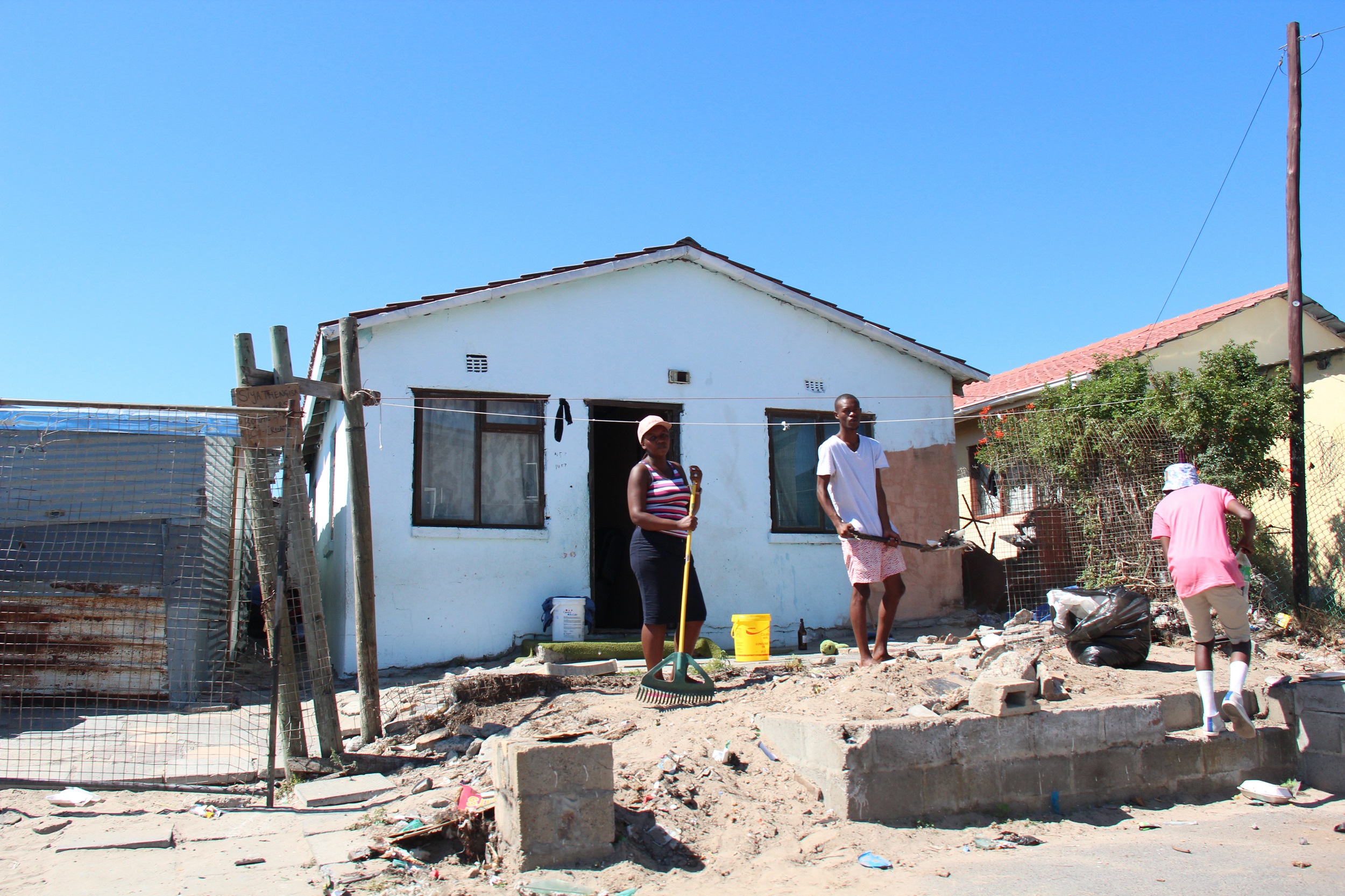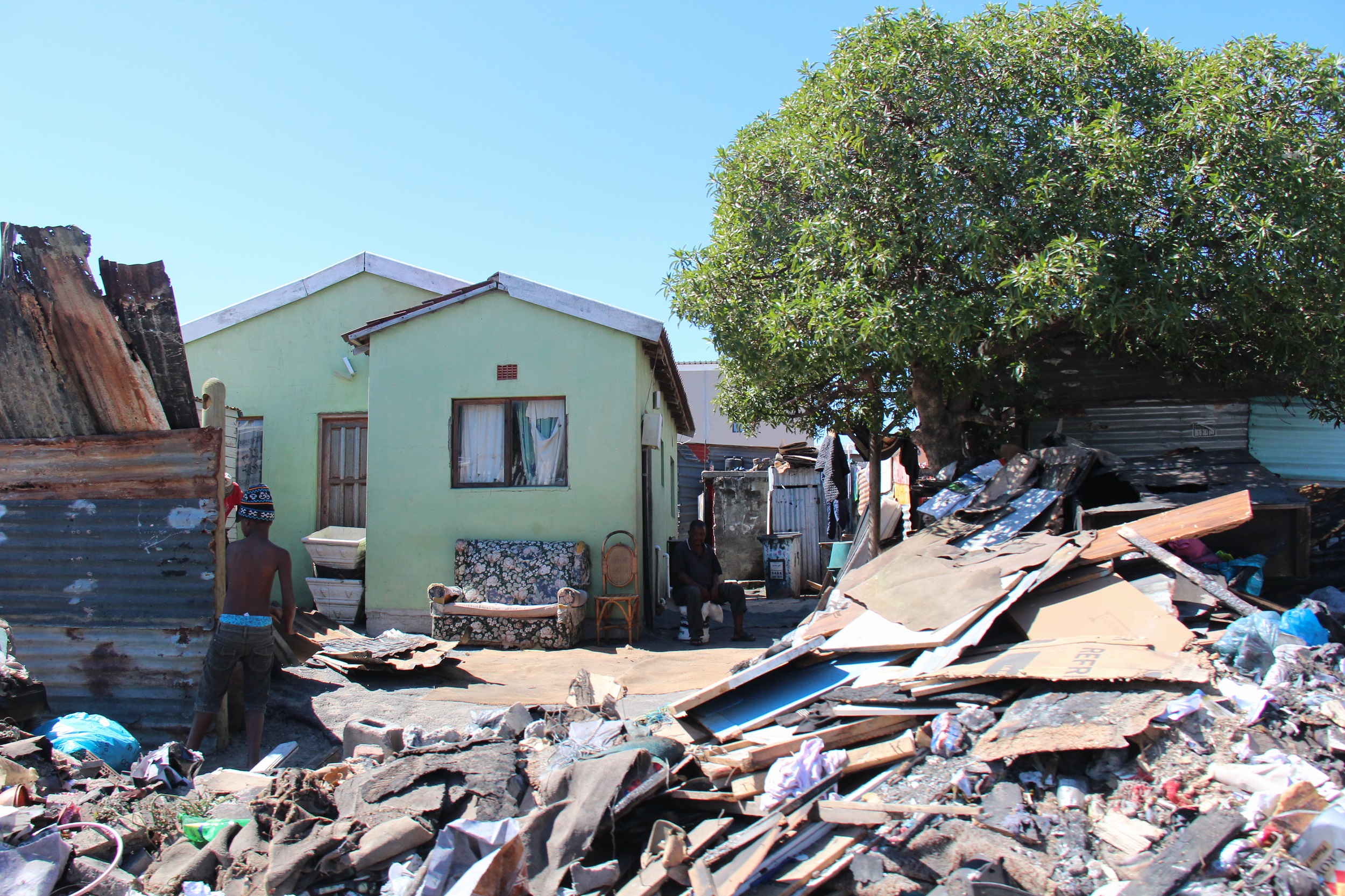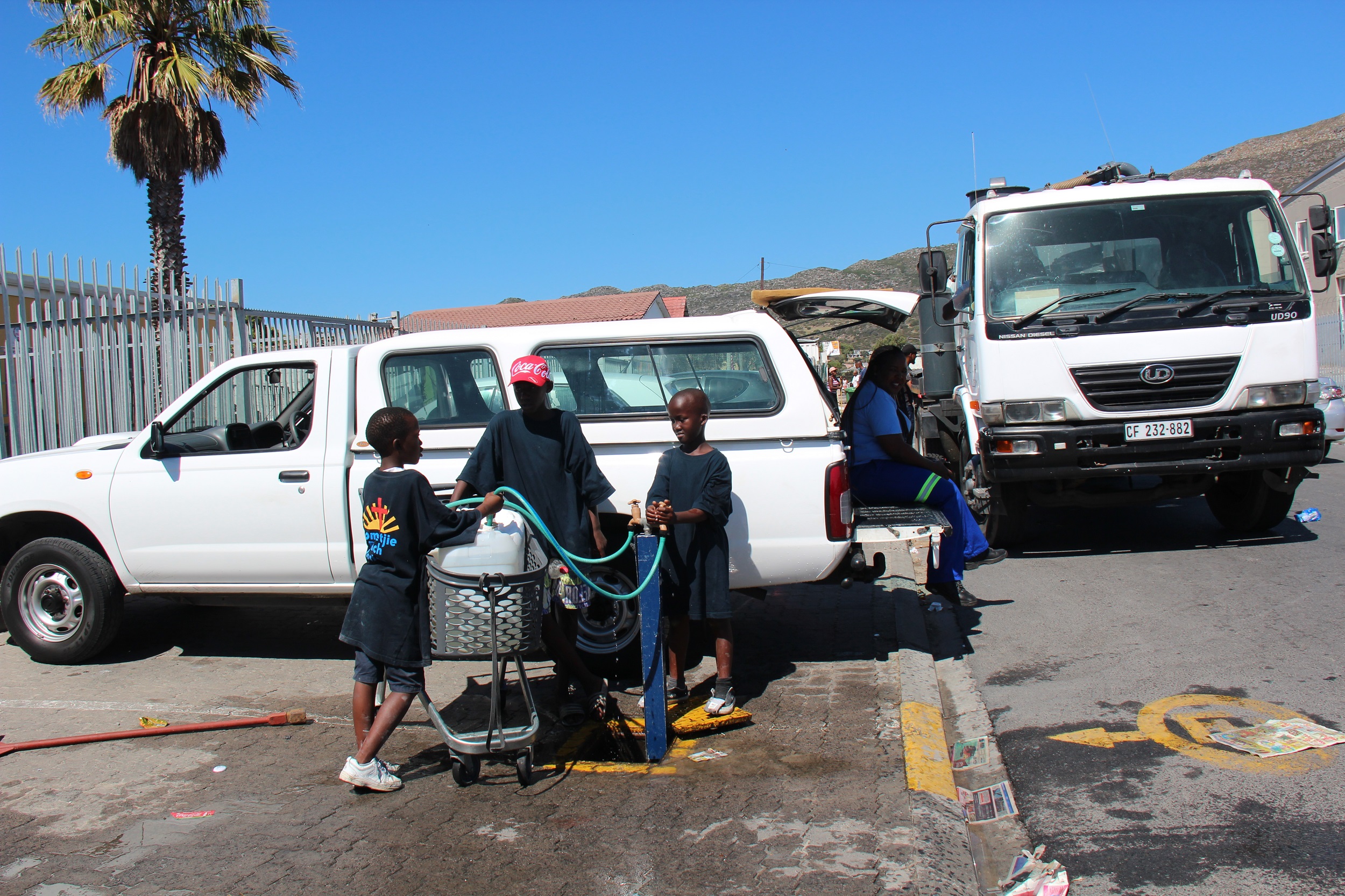 While we are delighted to be sharing #successstories, our overall goal of telling these uplifting successes is to highlight realities and daily challenges for people living in Masiphumelele and share the journeys which led them to where they are today.
While we are delighted to be sharing #successstories, our overall goal of telling these uplifting successes is to highlight realities and daily challenges for people living in Masiphumelele and share the journeys which led them to where they are today.
Masicorp has always taken the stance of highlighting the potential of this bustling community and celebrating the people living here. In this latest update from Masi we investigate what people who live here go through daily, making their success stories an even bigger event to celebrate.
About Masiphumelele
Masiphumelele exists because of planning during the Apartheid era in South Africa’s history. Read more on the full history of Masiphumelele’s origins here.

Until 1995 people were living in Masiphumelele with what they had built for themselves. Approximately 8000 people built basic homes and started to set up their own community. You may be shocked to learn that there was not even a school or clinic in Masi until 1995. Fast-forward to today and the area is now home to between 26-30 000 people. There is only one primary and one high school in Masiphumelele – both overcrowded and under-resourced, with dropout rates higher than they should be.
Meet Porscha
We spoke with a single mom who lives in Masiphumelele with her daughter and she gave us her account of a normal day. Porscha and her daughter live in a small shack close to the Wetlands area. She has been working hard to make ends meet – but with ever-rising costs and less money coming in she has been unable to pay her water bill – like so many here. The city has therefore turned her water off and now, Porscha must walk every morning and queue for at least 35 minutes by a single tap that allows people to gather free water for their households.
After she has gathered the water, she rushes home on another hike to prepare her daughters porridge and walk her to school. The staple food for most people living in Masi is bread and porridge because rising food prices, coupled with the cost of living has reduced household’s groceries to a handful of items.

“When Kaia comes home from school, she often sees me rushing out the door on my way to work. I work the night shift at a restaurant, and it upsets me each day to know that I am neglecting my daughter by leaving her alone at home. Anything can happen while I am gone – I am her mother and I should be taking care of her when she needs me the most, but I also have to work to earn a living so we can have food.” Porscha – Single mom living in Masi.
Masi’s Wetlands
In another instance not far from Porscha’s home, we spoke to another local who informed us of the sanitation issues that residents here face. The Wetlands are notorious for winter floods and people who live here are extremely vulnerable to Cape Town’s winter rainy season. This is just one battle people in this area face, there is a ratio of 10 toilets to 50 families for this single area and only one running tap. The area also has no wheelie bins and the rubbish piles higher every day. This often leads to rats and mice where children play in the afternoon. Although the City cleans regularly, it simply just cannot keep up.
Overcrowding has also led to no fire breaks between the informal houses and when disaster strikes (like it did with a fire that ravaged Masi in December 2020) it leaves people with absolutely nothing.
Commuting in Masi is also unsafe. ‘’People rely on their legs that the good Lord gave them’’ says Portia, “or on taxi’s that can take away your legs with one wrong turn’’. The infrastructure is struggling and with just one clinic for the entire area, people are often forced to go without any treatment for serious illnesses.
“I remember when I was so weak – I couldn’t even get out of bed. My husband took me to the clinic and they gave me five Panados and told me there was nothing else they can do for me.” – Anonymous Masi resident.
Celebrating Success
With all the challenges in Masiphumelele, it is amazing to see people overcome adversity and triumph. That is why Masicorp exists – to help people thrive and rise above their circumstances. We love to showcase our #SuccessStories because it is so difficult for people living here to break a cycle when nothing around them changes. Every time we see people challenging the status quo to better the community or their personal lives, our hearts are filled with pride.
Our vision remains unchanged. We serve Masiphumelele through various education and skills development programmes to eradicate poverty, helping people build a better life and make a success for themselves and their families.
If you feel inspired to be a part of the change in Masiphumelele and South Africa, donate to our work and become part of our growing family of #changedrivers.
